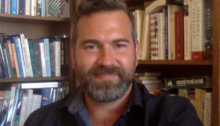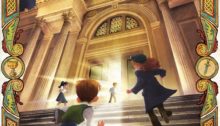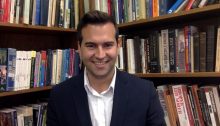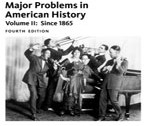Teaching Digital History and American Revolutions
We are delighted to announce the publication of our volume American Revolutions in the Digital Age. Its fifteen chapters question how digital technology can shed new light on the history of the early republic and how a greater historical consciousness of this era of history can help us make meaning of our digital present. Thanks…







